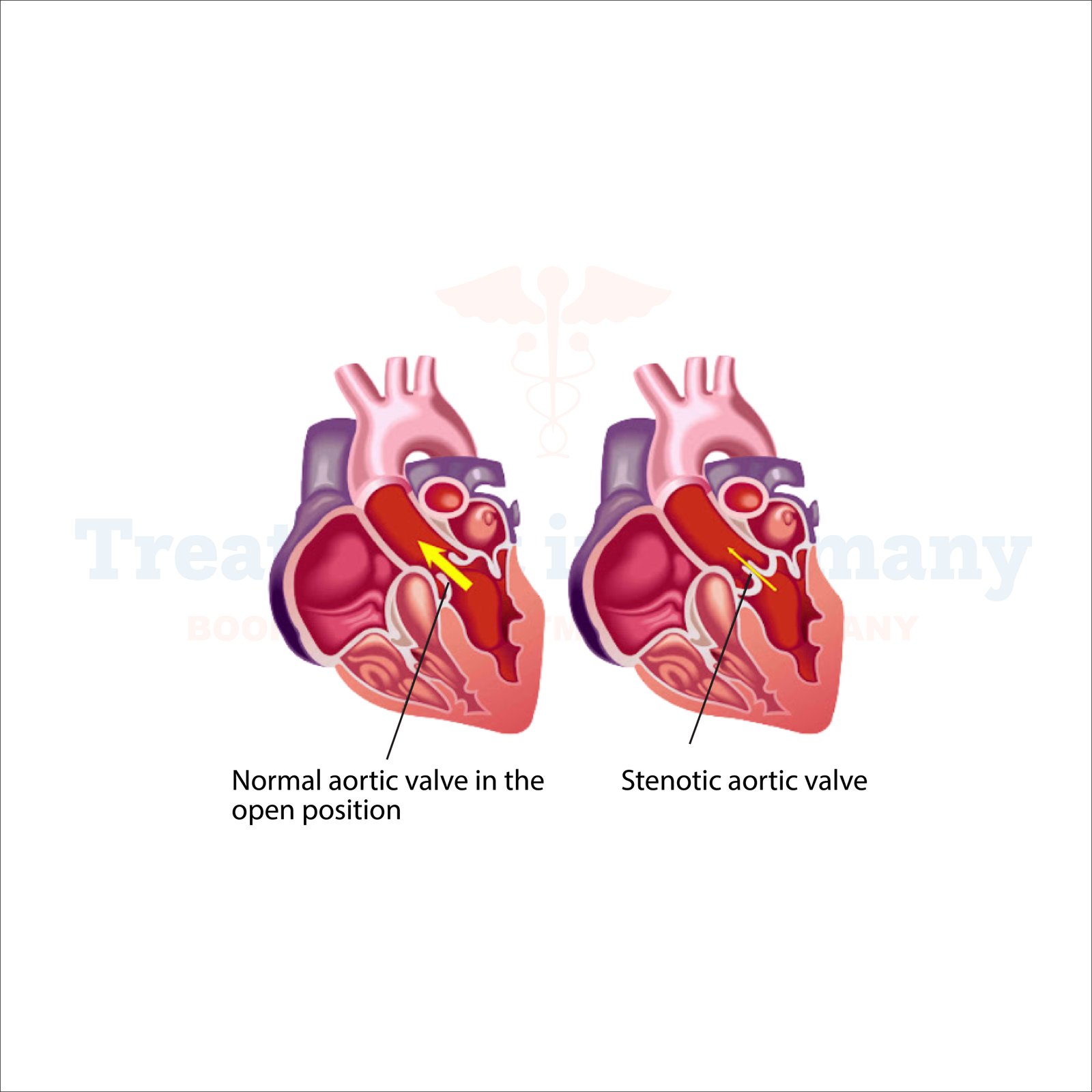How is Heart Valve Disease Diagnosed?
Diagnosing heart valve disease typically involves a combination of medical history review, physical examination, and diagnostic tests. These may include echocardiography, electrocardiogram (ECG), cardiac MRI, and cardiac catheterization. These tests help healthcare professionals assess the structure and function of the heart valves and determine the severity of the condition.
Side Effects of Heart Valve Disease:
The symptoms of heart valve disease can vary depending on the type and severity of the condition. Common symptoms include shortness of breath, chest pain, fatigue, dizziness, and palpitations. If left untreated, heart valve disease can lead to serious complications such as heart failure, stroke, and even death.
How is Heart Valve Disease Diagnosed?
Diagnosing heart valve disease typically involves a combination of medical history review, physical examination, and diagnostic tests. These may include echocardiography, electrocardiogram (ECG), cardiac MRI, and cardiac catheterization. These tests help healthcare professionals assess the structure and function of the heart valves and determine the severity of the condition.
Potential Treatments of Heart Valve Disease:
The treatment options for heart valve disease depend on several factors, including the type and severity of the condition, the patient's overall health, and personal preferences. In Germany, patients have access to a wide range of treatment options, including medication, minimally invasive procedures, and surgery.
Medications may be prescribed to manage symptoms and slow the progression of the disease. Minimally invasive procedures, such as balloon valvuloplasty or transcatheter valve replacement, can be performed to repair or replace damaged heart valves without open-heart surgery. In more severe cases, surgical valve repair or replacement may be necessary.
👉 Contact us for further information and receive a complimentary consultation.


.webp)
 (1).webp)

.webp)
 (1).webp)


.webp)
 (1).webp)

.webp)
 (1).webp)
